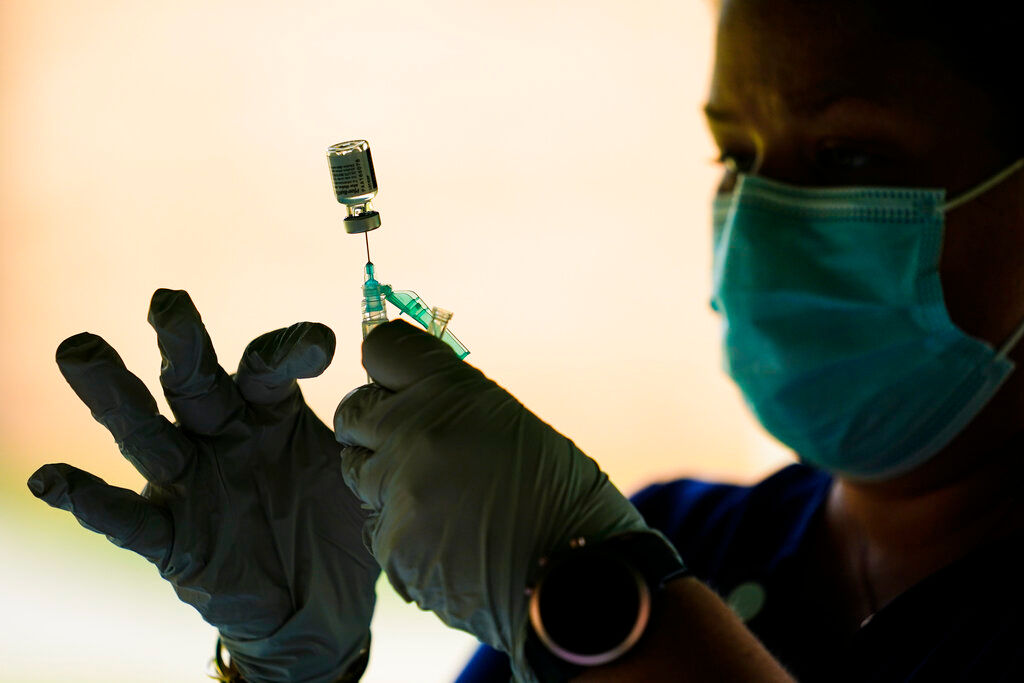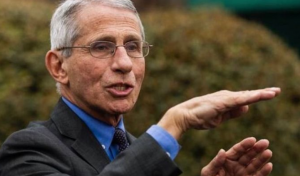Nearly 40,000 people are vaccinated each day in Afghanistan after a coronavirus vaccination campaign started in 14 of the country’s 32 provinces in mid-October, while remaining provinces will begin administering the shots in the next 2 -3 days, According to UNICEF’s representative in Afghanistan, Salam Al-Janabi.
“UNICEF and partners are supporting a massive Covid-19 vaccination campaign targeting people in urban locations. This campaign started on October 16 in 14 Provinces. It started in the Southern region a day later,” Al Janabi said.
“In the remaining provinces, it will start in the next 2 -3 days. Currently, almost 40,000 people are being vaccinated daily. This massive campaign will continue until we utilize 1.8 million doses of the Johnson & Johnson available in stock,” he added.
Also Read | UN Chief Antonio Guterres calls for action to revive Afghanistan
Al Janabi stated that Afghanistan has received approximately 5.25 million doses of various vaccines through the Covid-19 Vaccines Global Access (COVAX) facility and bilateral donations.
“According to the World Health Organization (WHO), there have been 155,985 confirmed cases of Covid-19 with 7,257 deaths in Afghanistan. As of October 23, a total of 2,925,490 vaccine doses have been administered,” Sputnik reported Al-Janabi saying.
The Taliban took over Afghanistan in mid-August and the US military ended its 20 years of military presence in the country.
UN agencies in Afghanistan will resume a countrywide vaccination campaign next month after a three-year hiatus due to violence and security risks.
A parallel campaign in Pakistan, the only other nation where wild polio still exists, will begin in December, and with only two cases reported this year, health officials are optimistic that the illness will be eradicated shortly, as per the World website.
Afghanistan will also be vaccinated against measles and COVID-19 in the following weeks, according to UNICEF.
UNICEF and the World Health Organization finally reached an agreement with the Taliban, allowing vaccinations to continue and allowing Afghan women to work in the drives







